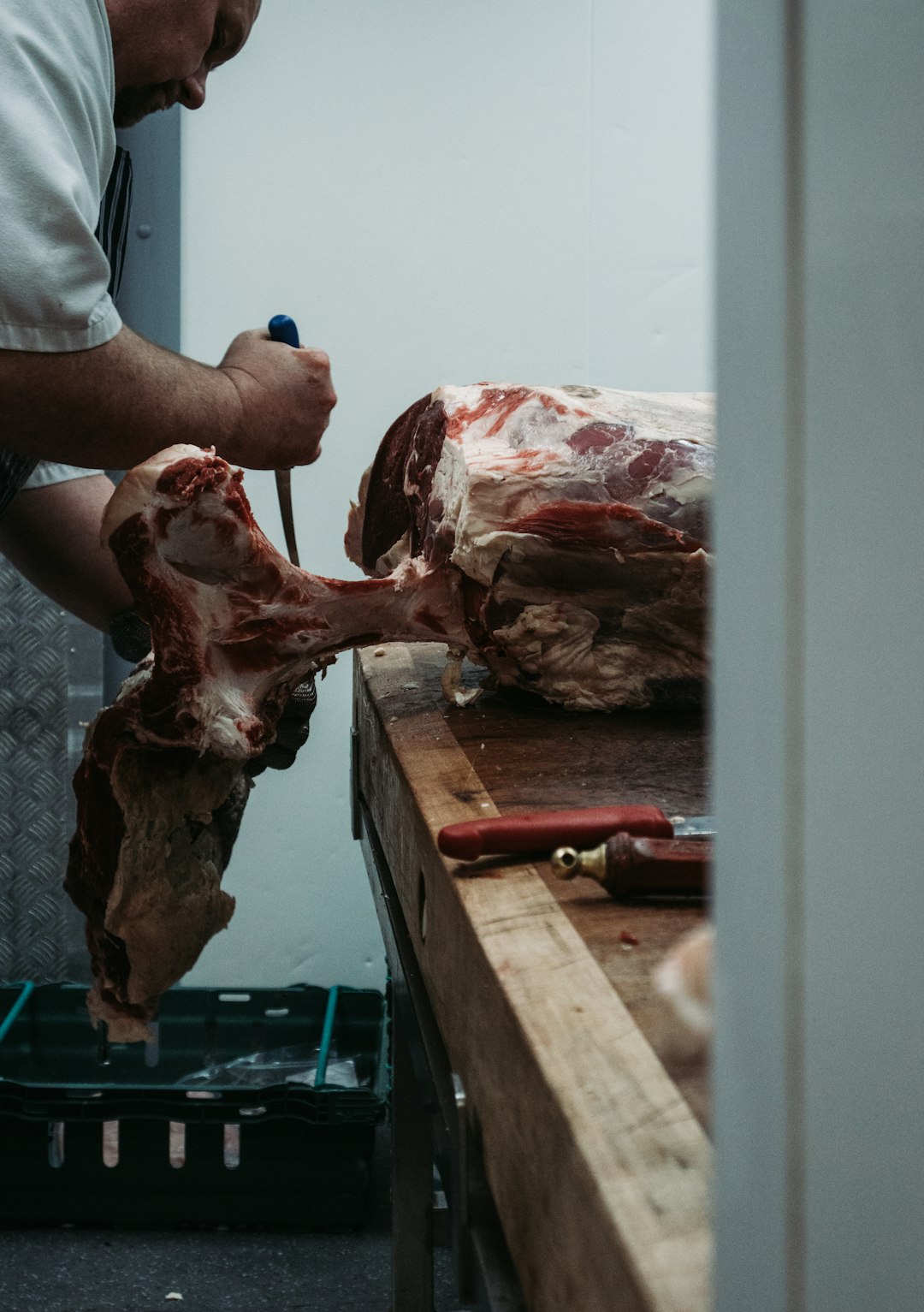Embutidos and jamones are two traditional Spanish delicacies that hold a significant cultural importance in the country. These cured meats, also known as charcuterie, have been a staple in Spanish cuisine for centuries and are enjoyed by people all over the world. The process of making embutidos and jamones is a true art form that requires skill, patience, and dedication. These meats are often referred to as “carnes artesanales” or artisanal meats, highlighting the craftsmanship and attention to detail that goes into their production.
Embutidos are a type of cured sausage that can be made from a variety of meats, including pork, beef, and even game meats like venison. The meat is seasoned with a blend of spices, herbs, and sometimes wine or vinegar before being stuffed into casings and left to cure. Some popular types of embutidos include chorizo, salchichón, and morcilla. Each region of Spain has its own unique recipes and methods for making embutidos, resulting in a wide variety of flavors and textures.
Jamones, on the other hand, are whole hams that have been cured and aged for an extended period of time. The most famous type of jamón is jamón ibérico, made from the meat of the Iberian pig. These pigs are known for their unique diet of acorns, which gives the meat a rich, nutty flavor. Jamón serrano is another popular variety, made from white pigs and aged for a shorter period of time. Both types of jamón are prized for their complex flavors and melt-in-your-mouth texture.
The cultural significance of embutidos and jamones in Spain cannot be overstated. These meats are a symbol of tradition, craftsmanship, and culinary excellence. They are often served at special occasions and celebrations, such as weddings, holidays, and festivals. In many regions of Spain, it is common for families to make their own embutidos and jamones at home, passing down recipes and techniques from generation to generation.
In addition to their cultural importance, embutidos and jamones also play a key role in the Spanish economy. The production of these meats supports thousands of jobs in rural areas, where small-scale producers raise pigs, cure meats, and sell their products to local markets and restaurants. Many of these producers adhere to traditional methods of production, using only the highest quality ingredients and taking the time to ensure that each batch of meat is perfect.
Overall, embutidos and jamones are more than just delicious cured meats – they are a reflection of Spain’s rich culinary heritage, a testament to the skill and dedication of its artisans, and a source of pride for the entire country. The next time you enjoy a plate of chorizo or a slice of jamón, take a moment to appreciate the cultural significance of these beloved “carnes artesanales.”

